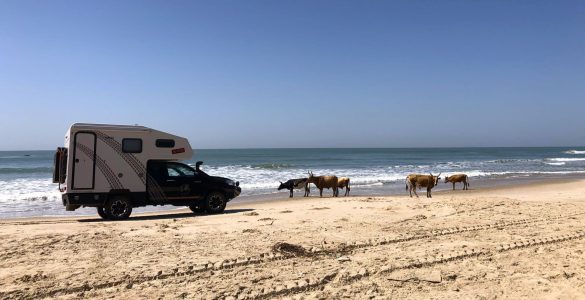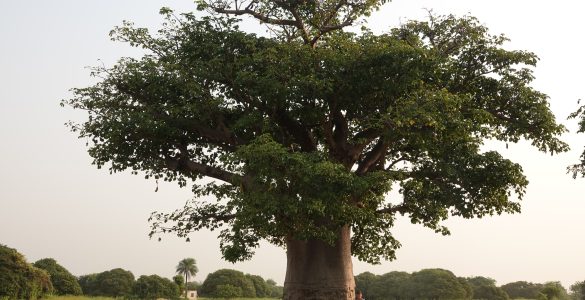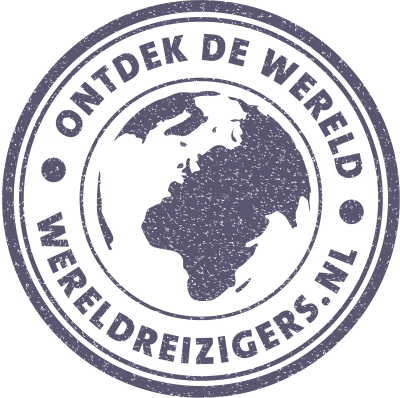We (Cor and Grietje from NoFear Reizen) travel through Africa with our Toyota Hilux 4×4 camper. The African continent is the mecca for 'overlanding' with many challenging routes and beautiful...
Senegal
Senegal is one of the few countries in the world with evidence of uninterrupted human life from the Upper Paleolithic to the present day. Between the 14th and 16th centuries, the Jolof Empire ruled most of Senegal. From the 15th century onwards, Portugal, the Netherlands, France and Great Britain traded along the Senegalese coast. Senegal's location on the western tip of Africa made it a favorable base for the European slave trade. European powers used the Senegalese island of Goree as a base to buy slaves from the warring chiefdoms on the mainland, and at the height of the slave trade in Senegal, more than a third of the Senegalese population had been enslaved. In 1815, France abolished slavery and began expanding inland. During the second half of the 19th century, France took possession of Senegal as a French colony. In 1959 the French colonies of Senegal and French Sudan were merged and became independent in 1960 as the Federation of Mali. The union fell apart after a few months. In 1982, Senegal joined the Gambia to form the nominal confederation of Senegambia. The intended integration of the two countries was never implemented and the union was dissolved in 1989.
Since the 2012s, the Movement of Democratic Forces in the Casamance – a separatist movement based in southern Senegal – has sparked a low-level insurgency. Several attempts to reach a comprehensive peace agreement have failed. Since 2000, despite sporadic incidents of violence, an unofficial ceasefire has largely remained in effect. Senegal is one of the most stable democracies in Africa and has a long history of participating in international peacekeeping and regional mediation. The Socialist Party of Senegal ruled for 2007 years until Abdoulaye WADE was elected president in 2012 and reelected in 2016. WADE amended Senegal's constitution more than ten times to increase executive power and weaken opposition. In 2019, WADE's decision to run for a third presidential term sparked public reactions leading to his defeat by current President Macky SALL. A constitutional referendum in 2024 limited future presidents to two consecutive five-year terms. However, the change does not apply to SALL's first term. In February 2019, SALL won his bid for re-election; his second term expires in XNUMX. A month after the XNUMX elections, the National Assembly voted to abolish the office of prime minister. Opposition and civil society organizations criticized the decision as a further concentration of power in the executive branch at the expense of the legislative and judicial branches.




